"EU has common stance on Kosovo"
All EU member states share the same position on Kosovo, French ambassador to Serbia, Jean-Francois Terral, told B92 on Monday.
Monday, 10.09.2007.
13:50

All EU member states share the same position on Kosovo, French ambassador to Serbia, Jean-Francois Terral, told B92 on Monday. Terral said there should be "no doubt" that the Union will not divide over the issue, and added the bloc will maintain unity no matter how the situation develops. "EU has common stance on Kosovo" "We have a joint approach, which is very strong. That is evident in Ambassador Ischinger's presence in the negotiating Troika. 27 countries are behind Ambassador Ischinger, who is working on finding a compromise," he said. "It is true that there are some nuances in the tactics and the manner in which we ought to proceed. But we are all devoted to this ongoing process. And I am sure that, no matter how the events unfold, we will have a joint approach," Terral told B92. Also Monday, French President Nicolas Sarkozy was in Germany for talks with Chancellor Angela Merkel that will touch on Kosovo. Maintaining a common European front on Kosovo is a priority for both leaders amid divisions in the 27-nation bloc on whether to recognize a possible declaration of independence by the province. While France is ready to join Britain and the United States in recognizing Kosovo's sovereignty, Germany has carefully avoided spelling out its position in the hope of brokering a compromise. "They will talk about how to get results from the talks on Kosovo's status and how to keep the EU united in spite of the different views within the bloc," Ruprecht Polenz, head of the foreign policy committee in the German parliament, said. A split over Kosovo would deal a severe blow to the bloc's efforts to become a credible force in foreign policy. Nicolas Sarkozy, Angela Merkel (EPA/Tanjug) "EU sees little chance for Kosovo compromise" The European Union today hardly sees any chance in reaching a solution of compromise for Kosovo's final status. This was the general consensus reached at this weekend's meeting of EU Foreign Minister's in Portugal, according to a German daily. “In diplomatic circles, the chances for a compromise are at less than 10 percent,” the daily Berliner Zeitung writes, quoting German Foreign Minister Frank-Walter Steinmeier as stating that the new talks between Belgrade and Pristina, mediated by the international Troika, have not garnered any progress. The daily also write that the EU envoy in the negotiations, Wolfgang Ischinger, asked both sides for “painful compromises” in direct talks, which are scheduled to be held on September 28 in New York. “Diplomats are afraid of a foreign policy catastrophe if Kosovo proclaims independence unilaterally,” the daily stated. Reminding that the U.S. will support independence in that case, the daily said that if EU countries, especially Great Britain, take the side of the Kosovo Albanians as well, a spit will be seen within the EU regarding this central issue. Other countries of the EU, such as Spain, Hungary and Greece, fear that more violence among minority communities throughout Europe will occur if independence in Kosovo is recognized. Stating that the EU is looking to increase its influence on the international stage, the daily writes that failure “at its doorstep” would be a severe blow to such ambitions, much like the split in opinion within the EU with the issue of the war in Iraq. The daily also warns that the “ambition of Europeans to implement united foreign and security policies” could be drawing to an end as well.
"EU has common stance on Kosovo"
"We have a joint approach, which is very strong. That is evident in Ambassador Ischinger's presence in the negotiating Troika. 27 countries are behind Ambassador Ischinger, who is working on finding a compromise," he said."It is true that there are some nuances in the tactics and the manner in which we ought to proceed. But we are all devoted to this ongoing process. And I am sure that, no matter how the events unfold, we will have a joint approach," Terral told B92.
Also Monday, French President Nicolas Sarkozy was in Germany for talks with Chancellor Angela Merkel that will touch on Kosovo.
Maintaining a common European front on Kosovo is a priority for both leaders amid divisions in the 27-nation bloc on whether to recognize a possible declaration of independence by the province.
While France is ready to join Britain and the United States in recognizing Kosovo's sovereignty, Germany has carefully avoided spelling out its position in the hope of brokering a compromise.
"They will talk about how to get results from the talks on Kosovo's status and how to keep the EU united in spite of the different views within the bloc," Ruprecht Polenz, head of the foreign policy committee in the German parliament, said.
A split over Kosovo would deal a severe blow to the bloc's efforts to become a credible force in foreign policy.
"EU sees little chance for Kosovo compromise"
The European Union today hardly sees any chance in reaching a solution of compromise for Kosovo's final status.This was the general consensus reached at this weekend's meeting of EU Foreign Minister's in Portugal, according to a German daily.
“In diplomatic circles, the chances for a compromise are at less than 10 percent,” the daily Berliner Zeitung writes, quoting German Foreign Minister Frank-Walter Steinmeier as stating that the new talks between Belgrade and Priština, mediated by the international Troika, have not garnered any progress.
The daily also write that the EU envoy in the negotiations, Wolfgang Ischinger, asked both sides for “painful compromises” in direct talks, which are scheduled to be held on September 28 in New York.
“Diplomats are afraid of a foreign policy catastrophe if Kosovo proclaims independence unilaterally,” the daily stated.
Reminding that the U.S. will support independence in that case, the daily said that if EU countries, especially Great Britain, take the side of the Kosovo Albanians as well, a spit will be seen within the EU regarding this central issue.
Other countries of the EU, such as Spain, Hungary and Greece, fear that more violence among minority communities throughout Europe will occur if independence in Kosovo is recognized.
Stating that the EU is looking to increase its influence on the international stage, the daily writes that failure “at its doorstep” would be a severe blow to such ambitions, much like the split in opinion within the EU with the issue of the war in Iraq.
The daily also warns that the “ambition of Europeans to implement united foreign and security policies” could be drawing to an end as well.



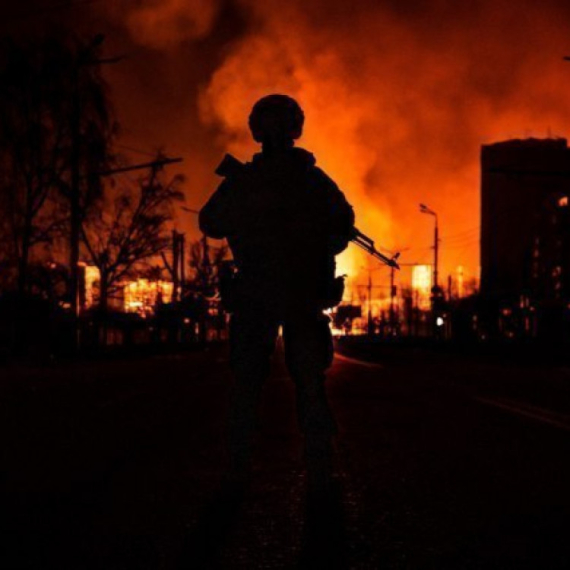

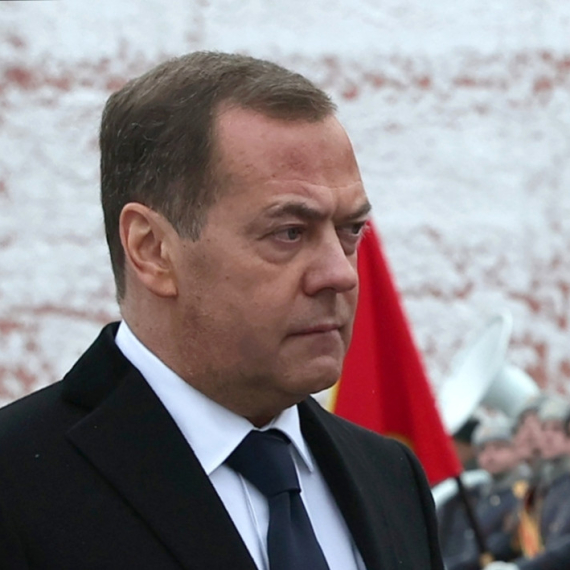
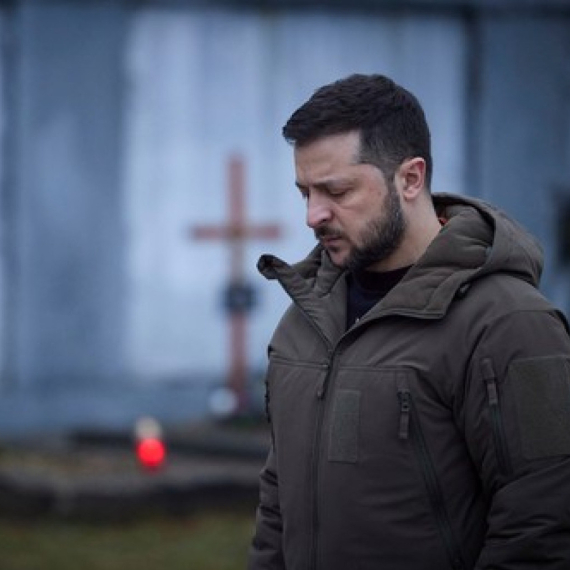



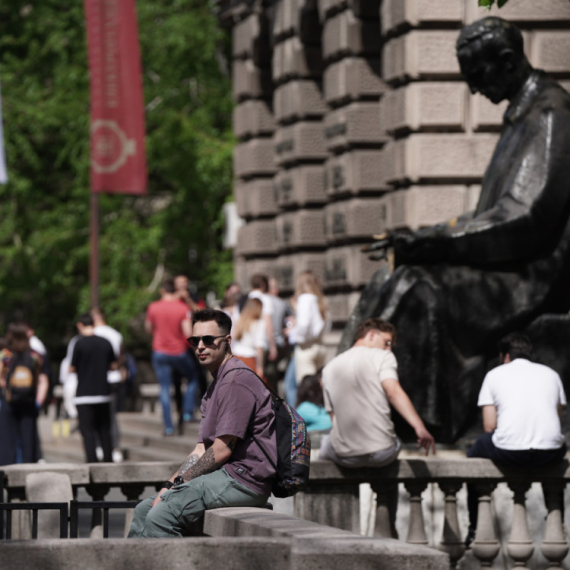





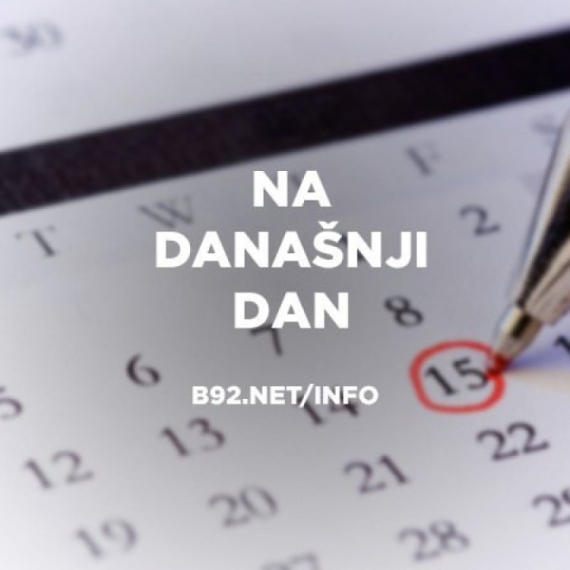

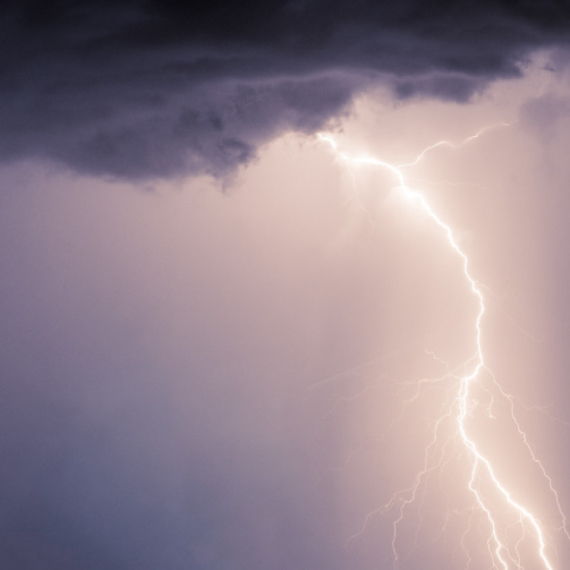






















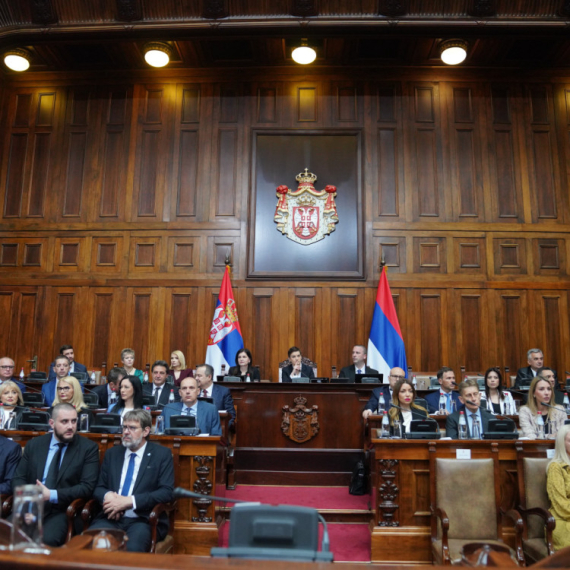

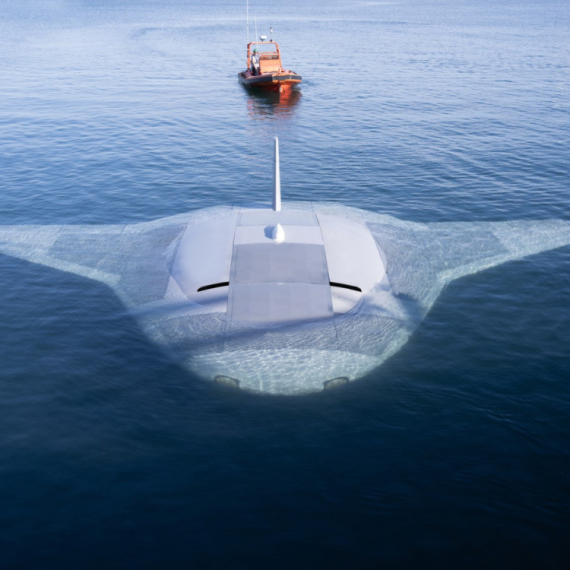


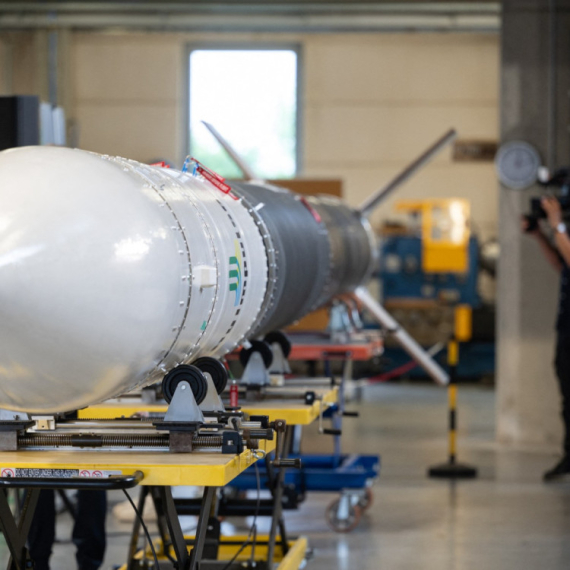


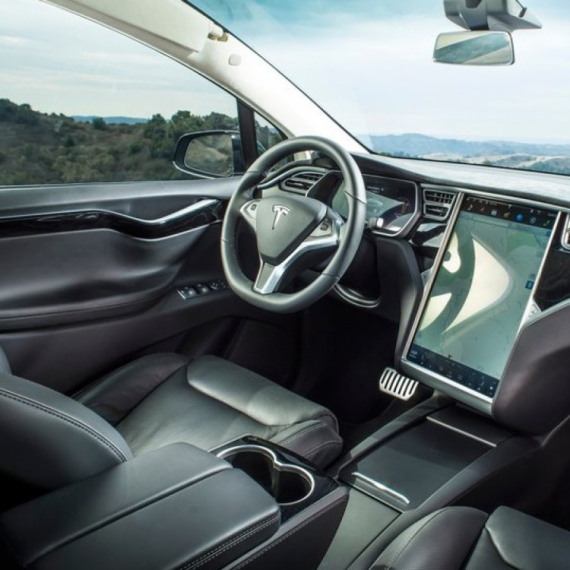



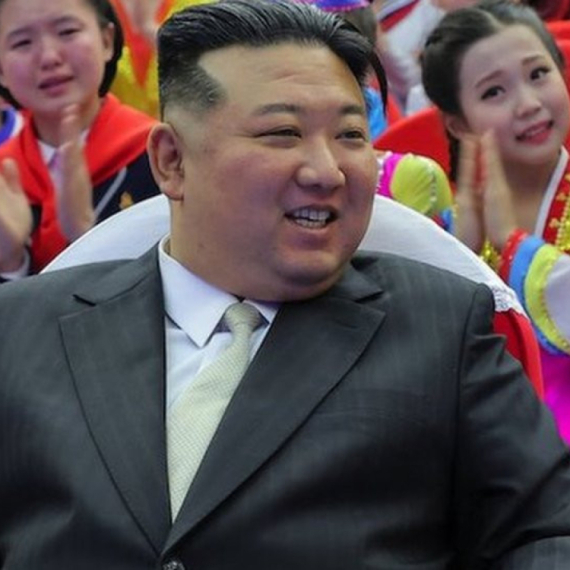
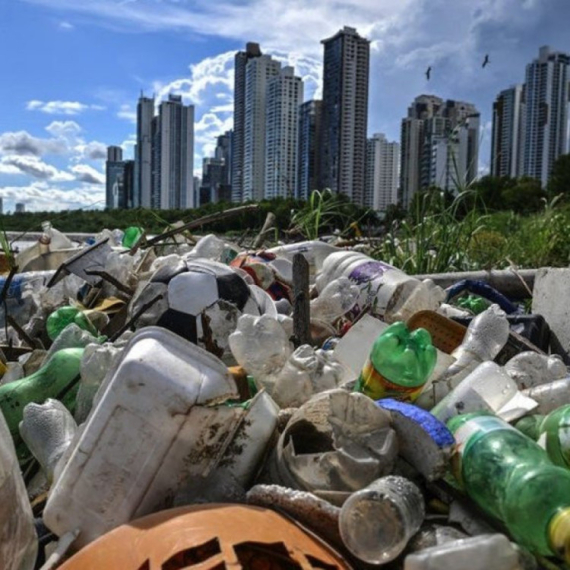
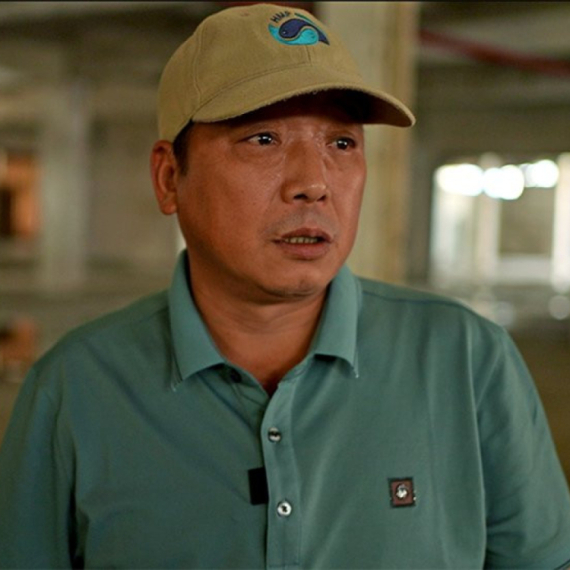



Komentari 38
Pogledaj komentare